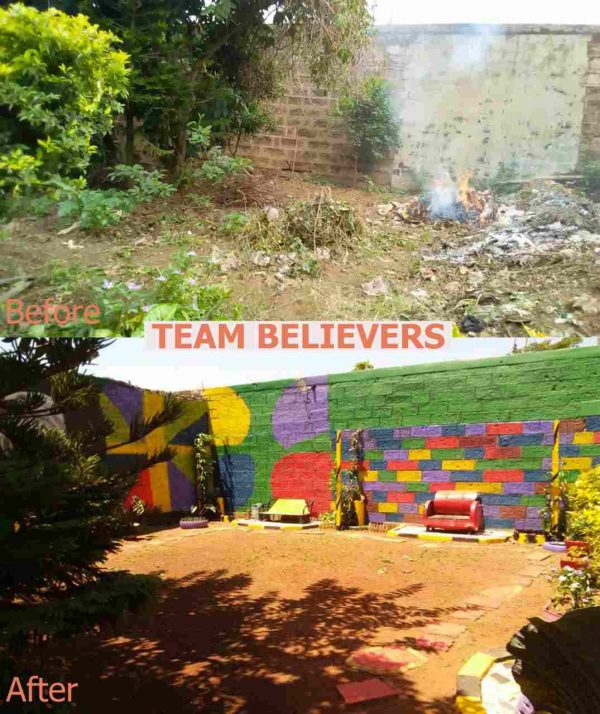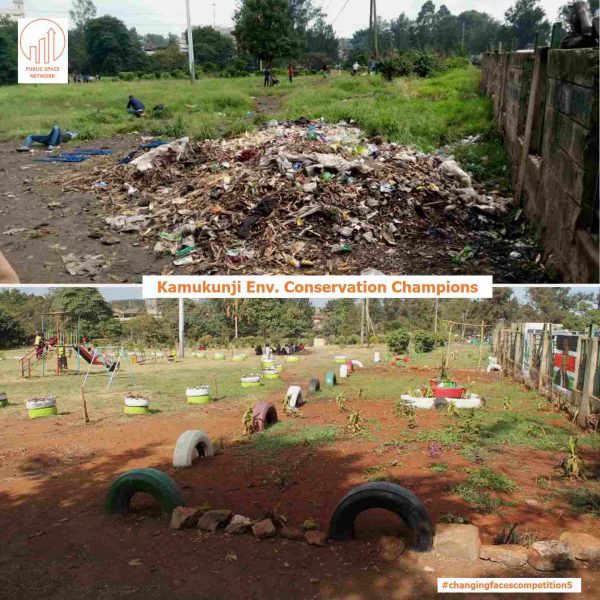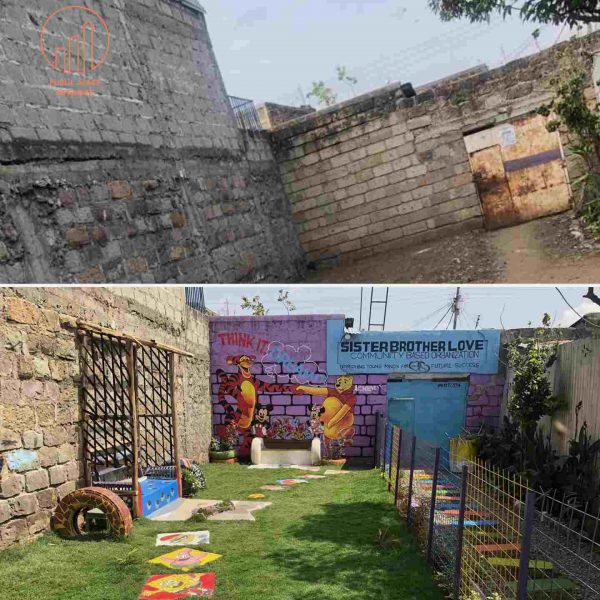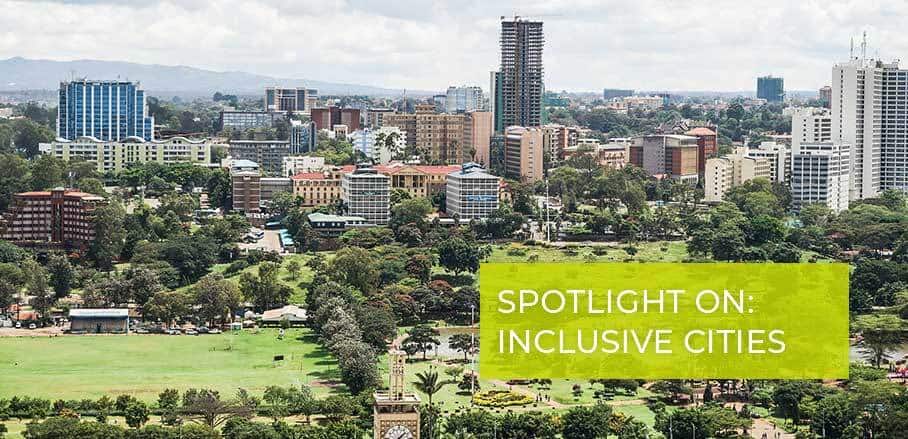Safe and Beautiful Public Spaces? Necessity Not Luxury!
Public spaces are more important than ever – and cities need to find ways to co-create spaces that are accessible for everyone. Public Space Network meets this challenge by spearheading community-based transformation in Nairobi. By Ivy Njambi Maina
“Public Spaces are not a nice thing to have, but a basic need for cities”. This statement by the World Bank could not be more significant yet in practice it is far from being implemented.
Nairobi is a city that is gradually becoming a concrete jungle due to a bulging population. Coupled with poor waste management and a crumbling infrastructure, this has led to copious amounts of garbage being discarded in public spaces, causing a decline in green safe public spaces. According to Quartz Africa, the Nairobi county government has acknowledged that 2.47 tons of waste is produced daily. Residents of affluent neighbourhoods who can afford to have backyards and lawns pay generously for waste to be collected. This is not the case for residents living in low- and middle-income areas. They thus opt to dump their garbage in public spaces, which poses a threat to their public health. Moreover, people from this income bracket have little access to green public spaces and have to travel relatively far to reach them, a spatial injustice, if you ask me.

A space in Dandora, Nairobi, transformed during the 3rd edition of the competition © Public Space Network
Sparking Transformation from the Bottom-Up
Tired of this trend, Public Space Network (PSN) decided to step up and take action where we can. Our solution is simple and practical: we work with interested citizens to break down the city into “bite” sizes that they can easily manage and work to transform. Essentially, we encourage citizens to reflect on their ideal public space and facilitate the adoption of public open spaces in the city, so residents can take responsibility for managing and transforming them. We mainly mobilise through a competition called the “Changing Faces Competition” (CFC). Our approach is new, innovative and, most importantly, very practical. It has been successfully piloted for three years in one of the low-income neighbourhoods in Nairobi called Dandora, previously infamous as a dangerous and dirty no-go zone.
PSN, the organisers of the competition, places its confidence especially in the local youth and mobilises them to improve their physical environment, consequently raising their economic status as well as developing their leadership skills. We use the Public-Private-People partnership (4P) approach, connecting diverse stakeholders to provide an enabling environment for citizen engagement. Apart from mobilising citizens to adopt and manage public spaces by themselves, we also engage urban experts to assist and mentor the citizens. Moreover, public authorities are involved in order to ensure compliance with legal frameworks. Private sector actors are also encouraged to sponsor the initiative.

A space in Kamukunji, Nairobi, that has been transformed during the 5th Edition © Public Space Network
Groups of youth register from various neighbourhoods across Nairobi for the competition after identifying public spaces in their proximity that they would like to transform. PSN carries out training on how to approach the process of transformation and other essential skills such as social media use, which is vital to mobilisation as it creates a ripple effect in the city. Before and after the transformation, data is collected in the form of photographs in order to facilitate comparison. During the transformation process various resources are required in order to actualise the team’s vision. PSN encourages the various teams to source for locally available materials and seek support from the public-private sector near them. This approach represents a good example for the employment of affordable tactical urbanism.
The Results Speak for Themselves
Over 120 abused or neglected spaces, most of which were dump sites, were transformed into playgrounds, community gardens, recreational parks or revenue-generating car parking during the pilot phase. CFC has engaged over 3000 youths and resulted in improved public health, safety and overall quality of life in the neighbourhood. The revitalisation of these public spaces has accrued many benefits for society. The development of new child-friendly spaces has provided a safe space for children to play. Crime in the respective low- and middle-income areas has reduced tremendously. Previously unemployed youth would engage in crime. Transforming spaces in their neighbourhoods has given them an opportunity to earn a living by either renting the spaces for events or practising urban gardening.

A child-friendly space in Dandora, Nairobi © Public Space Network
Cohesion in the community has also improved significantly. The transformed public spaces in the neighbourhoods have provided an avenue where self-help groups, families or friends can meet up to watch games or hold assemblies. An improvement in public health has also been witnessed. One reason is that safer and more beautiful spaces also encourage physical activity.
Public spaces are essential, now more than ever. The goal, however, is not to simply design “better” spaces but create places the community will cherish. Involving the community in the design and transformation is a key factor to make similar initiatives a success, as it gives people a sense of belonging and ownership. Throughout the recent pandemic, we have also experienced first-hand how important it is to have the opportunity to connect to nature. Public spaces that are designed by the community can give us exactly that. We encourage both the public and private sector to be about action and to put people and planet first. Want to know how you can do this? Adopt a public space or reach out to us now!
- Safe and Beautiful Public Spaces? Necessity Not Luxury! - 12. April 2021
